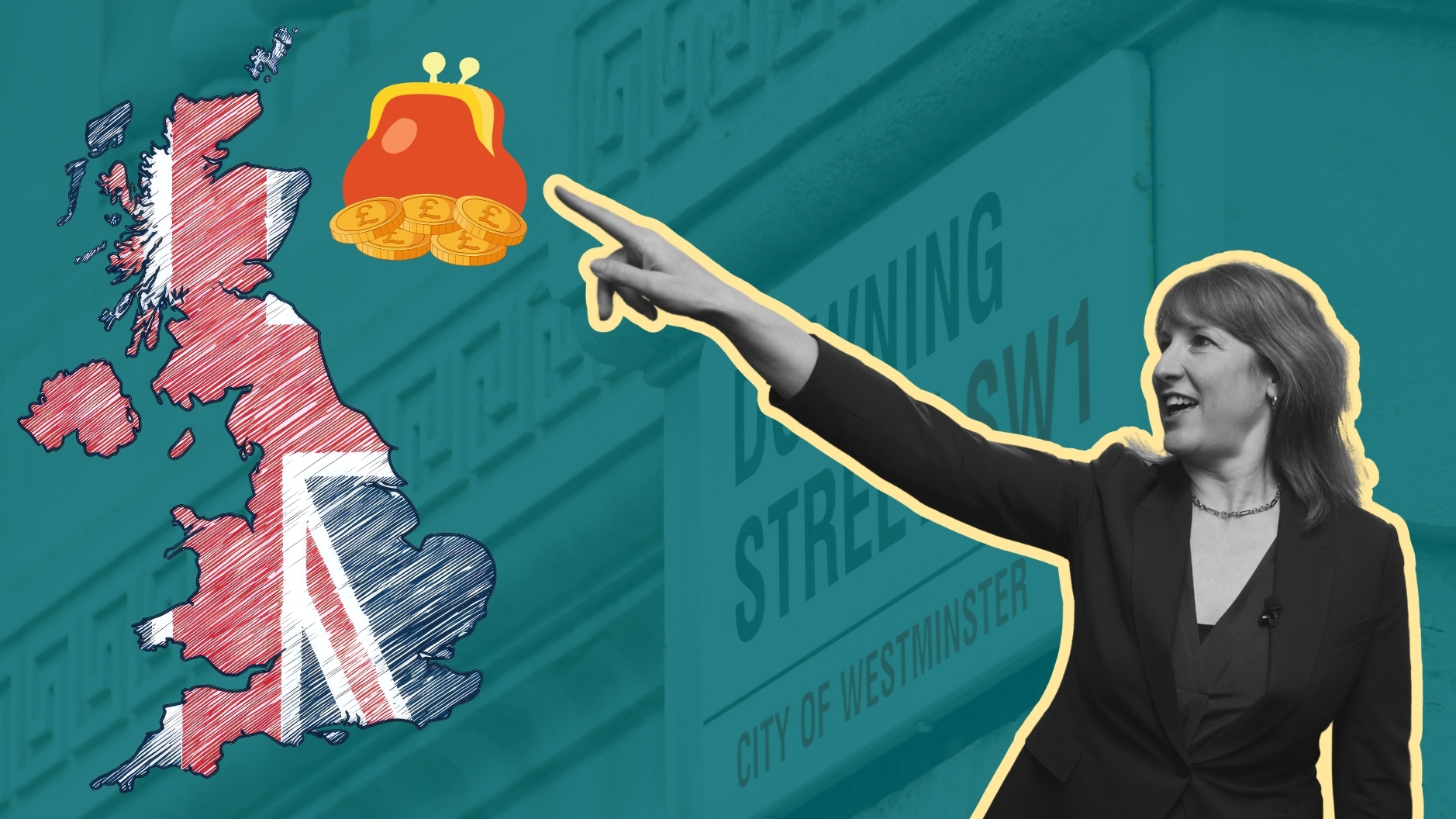Get the latest financial news, insights and expert analysis from our award-winning MoneyWeek team, to help you understand what really matters when it comes to your finances.
You are now subscribed
Your newsletter sign-up was successful
Want to add more newsletters?
Apple issued $17bn of debt on Tuesday, the biggest corporate bond sale in history. The wildly popular bonds included three-, ten- and 30-year fixed-rate paper, along with some floating-rate notes. The bond sale was Apple's first since 1996. The firm has promised to return $100bn of cash to shareholders, partly through a $60bn share buyback. The debt sale is to fund the buyback.
What the commentators said
"Borrowing to fund shareholder returns typically leaves bondholders sour," said Lex in the FT. But Apple is only borrowing money because it is tax-efficient. It has a $145bn cash pile, but much of it is held outside the US, and repatriating this money would incur a hefty tax bill.
Apple's issue "also has the appeal of novelty" it did not have any existing bonds. And with such poor yields available on government paper, added The Daily Telegraph, it's no wonder investors have made a beeline for the bonds of the company that "also brought the world the iPad and iPod".
Try 6 free issues of MoneyWeek today
Get unparalleled financial insight, analysis and expert opinion you can profit from.

Sign up to Money Morning
Don't miss the latest investment and personal finances news, market analysis, plus money-saving tips with our free twice-daily newsletter
Don't miss the latest investment and personal finances news, market analysis, plus money-saving tips with our free twice-daily newsletter
Yet they should have thought twice, said Rolfe Winkler in The Wall Street Journal. The longer-term paper in particular is vulnerable to price declines caused by higher interest rates as it is so expensive. The 30-year debt is priced to yield just 3.88%. And Apple almost collapsed in the late 1990s.
"It's pretty much impossible to project what the technology landscape will look like" in ten to 30 years' time. So long-term investors "leave themselves little margin of safety that technology trends could pass Apple by".
Apple's issue reflects a red-hot bond market, noted James Mackintosh in the FT. Even before Apple, American corporate issuance was having its strongest-ever start to the year. Both investment-grade and junk-bond yields have hit record lows. Bonds are also buzzing in Europe. Yet investors are far too optimistic.
The fundamentals remain shaky as both Western economies and China have slowed. How long can markets "carry on ignoring economic reality"?
Get the latest financial news, insights and expert analysis from our award-winning MoneyWeek team, to help you understand what really matters when it comes to your finances.
MoneyWeek is written by a team of experienced and award-winning journalists, plus expert columnists. As well as daily digital news and features, MoneyWeek also publishes a weekly magazine, covering investing and personal finance. From share tips, pensions, gold to practical investment tips - we provide a round-up to help you make money and keep it.
-
 What do rising oil prices mean for you?
What do rising oil prices mean for you?As conflict in the Middle East sparks an increase in the price of oil, will you see petrol and energy bills go up?
-
 Rachel Reeves's Spring Statement – live analysis and commentary
Rachel Reeves's Spring Statement – live analysis and commentaryChancellor Rachel Reeves will deliver her Spring Statement today (3 March). What can we expect in the speech?

